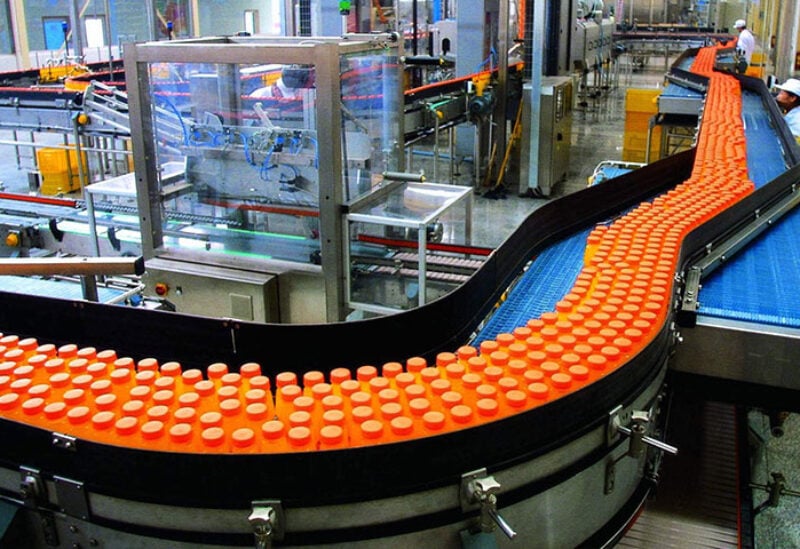
Food Industrial companies managed to surpass one of the country's worst economic crisis
The food industrial sector was one of the few economic sectors that proved resilience in a country, which is experiencing one of the worst economic and financial crisis.
Surpassing hurdles
Food industrialists managed to surpass the stifling economic conditions, the dwindling purchasing power, devaluation, and banks withholding depositor’s money, and to maintain their exports. Mounir Bissat, Vice President of the Association of Lebanese Industrialists, and Secretary General of the Syndicate of Lebanese Food Industrialists said to “Sawt Beirut International”: “Despite the hurdles food manufacturers have faced, they were able to adapt with the new circumstances, increase production to meet the local demand, and maintain their exports.”
Exports of prepared foodstuffs reached $340 million last year, according to Lebanese customs, of which $163 million were exported to Arab countries mainly Saudi Arabia ($50 million), followed by Iraq ($26 million), then Qatar ($20.3) and UAE ($20.2). Around $82 million of the foodstuffs were exported to Europe, mainly to Greece ($15 million), Netherlands ($12.5 million), and France ($11 million). However prepared foodstuff exports dropped 8 percent in 2020, compared to the previous year. Bissat said that industrialists compensated this slight drop by the surge in local demand. “Due to devaluation, ‘made in Lebanon” foodstuff had become more competitive than the imported food, and this has increased demand on local products.” Said Bissat.
More Lebanese products on the shelves
The soaring demand on local products has been reflected a drop in imports, as imports of prepared foodstuff dropped 44 percent in 2020, from $1.2 billion in 2019, to $681 million in 2020. Bissat said: “This reality has encouraged several food producers to expand their facilities and increase their production capacity, because we were keen to meet the swelling demand on foodstuff.” But this has not been easy to achieve, according to Bissat, as industrialists weren’t able to secure the required capital and funds to increase production. He added: “Previously we used to use our bank deposits, or obtain baking facilities to import raw material or to increase the production capacity, but currently manufacturers are obliged to secure their own funds. “We are always keen to meet the local demand, and we are capable of supplying the country’s needs,”
Soaring production costs
The cost of food production have soared due to the drop in Lebanese pound against dollar, as raw material represent 60 percent of the cost. Salaries and fuel oil represent only 15 percent of the cost. Bissat explained that 70 percent of food raw materials are imported, therefore paid with fresh dollars, along with the maintenance of the industrial machines. Industrialists didn’t benefit from the subsidized raw material packages, as the Ministry of Economy and Trade stipulated that industrialists who benefit from the package will not be able to export their goods. Bissat added that the majority of industrial firms found themselves obliged to increase salaries, between 20 and 50 percent, which has amplified burdens. “Raising salaries was mandatory to retain our competences,” Bissat said.
Lower profit margin
Although the cost have risen, but the selling prices didn’t increase at the same pace with the dollar rate. “Industrialists were obliged to reduce the profit margin to very low percentages not exceeding 5 and 6 percent to cope with the severe economic conditions, given that citizens have lost 90 percent of their purchasing power,” Bissat said. Only industrialists who are exporting the majority of their produce and securing fresh dollars were able to sell at low profit margins. Bissat added that another reason for adopting this strategy is acquiring better market share.
According to Bissat, locally produced food will lose its competitive edge over imported products, if the government didn’t reconsider the custom fees, which have dropped from an average of 30 percent to 4 percent due to devaluation. “The current situation will give the imported products, an advantage over local products especially products of Turkish origin that are witnessing a drop in the value of their Lira against dollar, making their products more competitive,” Bissat said.